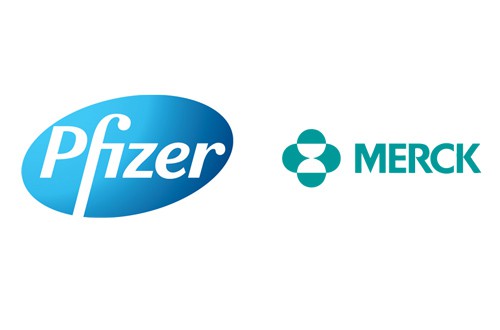
Merck & Co and Pfizer will work together on the development of drug candidate ertugliflozin in the latest example of a big pharma alliance in the diabetes sector.
The two pharma companies say they will start phase III trials of the oral sodium glucose co-transporter (SGLT2) inhibitor -originally discovered by Pfizer – later this year.
A Merck subsidiary will work alongside Pfizer on the late-stage clinical development and commercialisation of ertugliflozin and follow-up products combining the drug with diabetes treatment stalwart metformin and Merck’s DPP-4 inhibitor Januvia (sitagliptin).
SGLT2 inhibitors are an emerging drug class that work by removing excess glucose through urine by preventing its re-absorption in the kidney.
The deal covers all markets with the exception of Japan, and the two companies will share revenues and certain costs on a 60 to 40 per cent basis in favour of Merck.
Pharma companies are increasingly seeking alliances with their peers in order to share pipeline assets and achieve economies of scale in commercialising drugs for widespread primary care diseases such as diabetes.
AstraZeneca, recently expanded its diabetes collaboration with Bristol-Myers Squibb, which has already brought the first SGLT2 inhibitor – Forxiga (dapagliflozin) – onto the market in Europe, along with other drugs such as Onglyza (saxagliptin) and Kombiglyze (saxagliptin and metformin).
Johnson & Johnson and development partner Mitsubishi Tanabe came second in the race, winning FDA approval for their Invokana (canagliflozin) product in the US last month.
Meanwhile, Boehringer Ingelheim has a longstanding alliance with Lilly in diabetes, which also includes an SGLT2 inhibitor, empagliflozin, that is due to be filed for approval later this year, while Astellas has filed its own candidate ipragliflozin in Japan.
Pfizer’s decision to partner with Merck despite its own strength in primary care product marketing is indicative of how competitive the market for SGLT2 inhibitors will be, given the number of new candidates and the fact that diabetes sector has already been shaken up in recent years with the introduction of a swathe of new products in the DPP-4 inhibitor and GLP-1 receptor antagonist category.
One of the main drivers for the deal, along with marketing muscle, is likely to be the opportunity to combine ertugliflozin with sitagliptin, bringing together drugs from two drug classes expected to drive growth in the diabetes market over the coming years.




